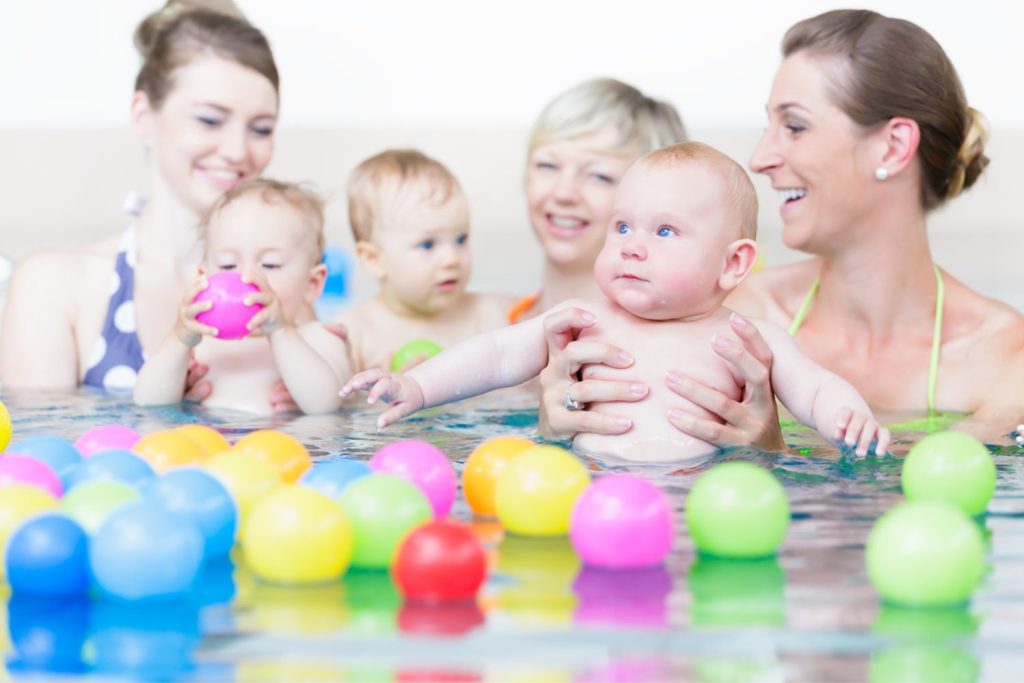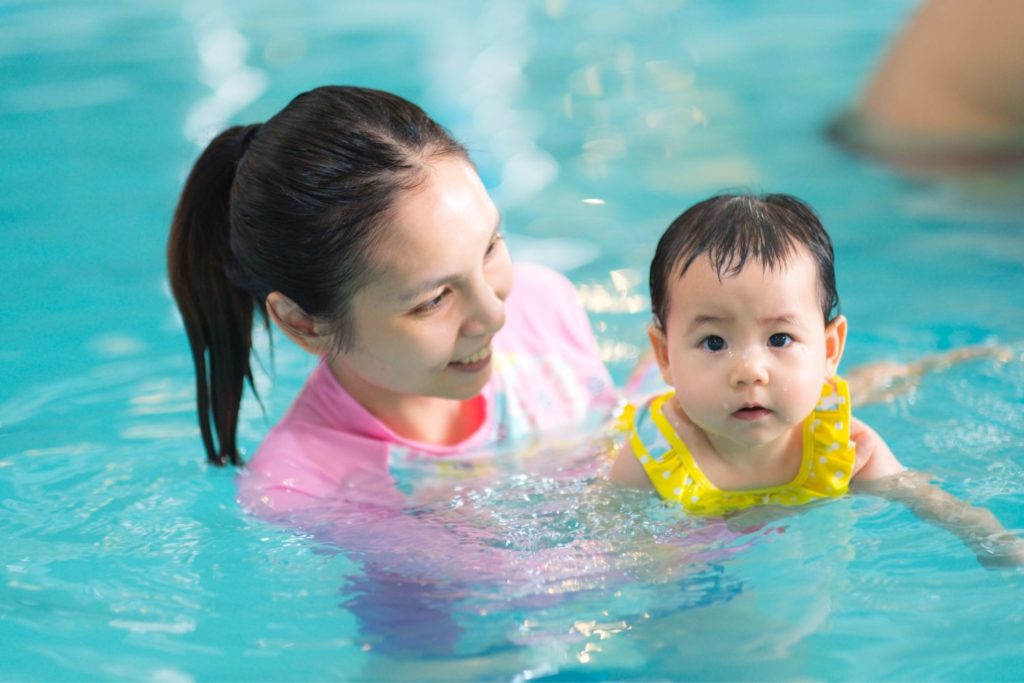Introducing your baby to swimming can be a fun and beneficial experience. However, knowing when to start swimming lessons is crucial for their safety and enjoyment. Here’s when to ask your pediatrician about the appropriate age for your baby to start swimming lessons and how to make the experience positive.
Why Swimming Lessons Matter
Swimming lessons can provide your baby with essential water safety skills, build confidence, and promote physical development. However, starting at the right age and ensuring proper supervision is key.
Signs It’s Time to Ask About Swimming Lessons
When should you discuss swimming lessons with your pediatrician? Here are some signs:
- Interest in Water: If your baby shows an interest in water during bath time or at the pool.
- Developmental Readiness: If your baby has good head control and can sit up with support.
- Seasonal Considerations: If you’re planning summer activities that involve swimming.
Questions to Ask Your Pediatrician
When discussing swimming lessons, consider these questions:
- What is the appropriate age to start swimming lessons?
- What should I look for in a swimming class for babies?
- What are the safety precautions I should take?
- How can I prepare my baby for swimming lessons?
- Are there any health concerns to consider before starting?
Appropriate Age for Swimming Lessons
Infants (0-6 Months)
- Introduction to Water: While formal lessons are not recommended, you can introduce your baby to water during bath time.
- Bonding: Use this time for bonding and helping your baby get comfortable in water.
Older Infants (6-12 Months)
- Parent-Child Classes: Look for parent-child swim classes designed for babies and their caregivers.
- Water Safety Skills: Focus on basic water safety skills like floating and getting in and out of the pool.
Toddlers (12-24 Months)
- Structured Lessons: Consider more structured swim lessons that build on basic skills.
- Independence: Encourage independence in the water while ensuring constant supervision.
Benefits of Early Swimming Lessons
Physical Development
- Motor Skills: Swimming helps develop motor skills, coordination, and balance.
- Muscle Strength: Builds muscle strength through water resistance exercises.
Cognitive and Social Development
- Confidence: Boosts confidence and reduces fear of water.
- Social Interaction: Provides opportunities for social interaction with other babies and parents.
Safety Skills
- Water Safety: Teaches essential water safety skills that can prevent drowning.
- Self-Rescue Skills: Helps babies learn basic self-rescue skills like floating on their back.
Preparing for Swimming Lessons
Choosing the Right Class
- Certified Instructors: Ensure the instructors are certified in infant swimming.
- Class Size: Look for small class sizes for more personalized attention.
- Facility Safety: Ensure the facility follows strict safety and hygiene protocols.
Getting Your Baby Ready
- Introduce Water Early: Get your baby used to water during bath time.
- Use Swim Diapers: Use swim diapers to prevent accidents in the pool.
- Comfort Items: Bring familiar items like a favorite towel or toy.
Safety Precautions
- Constant Supervision: Never leave your baby unattended near water.
- Stay Within Arm’s Reach: Always stay within arm’s reach of your baby during lessons.
- Learn CPR: Take a CPR course to be prepared for emergencies.
Making Swimming Fun
Playful Activities
- Water Toys: Use water toys to make the experience enjoyable.
- Singing Songs: Sing songs and play games to keep your baby engaged.
Positive Reinforcement
- Praise and Encouragement: Offer plenty of praise and encouragement.
- Comfort and Reassurance: Provide comfort and reassurance if your baby seems nervous.
Monitoring Progress
Observe Development
- Skill Acquisition: Watch for your baby’s progress in acquiring new skills.
- Comfort Level: Ensure your baby is comfortable and enjoying the experience.

Regular Check-Ins
- Communicate with Instructors: Regularly communicate with the swim instructors about your baby’s progress.
- Adjust as Needed: Be flexible and adjust the frequency or type of lessons based on your baby’s needs.
Starting swimming lessons at the right age can provide your baby with valuable skills and a love for water. By discussing your options with your pediatrician and choosing the right class, you can ensure a safe and enjoyable experience for your little one. Don’t hesitate to reach out to your pediatrician for guidance and support.

